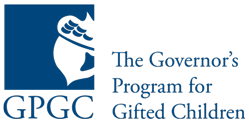Here are some reports from the teachers of each of our afternoon classes for the last week in the Program. We have organized them by class:
Choir (Colette Tanner, Instructor)
The theme of the choir program this year is THE GREATEST SHOW. As the title infers, we will end the program with some selections from THE GREATEST SHOWMAN, but the remainder of the concert will deal with titles dealing with what one might see at the circus or historical events that were “great shows.” As soon as I have the GPGC CHOIR BLOG up and running, I will supply you with a link. That page will have all of the possible performance titles listed with listening links.
Publishing (Christa Bell, Instructor/Editor)
In publishing, students actually write and produce a newspaper for the Governor’s Program. In the first week, we discussed the basics of design and the basics of what makes news. Students spend the first part of each week brainstorming story ideas for the paper. The rest of the week is spent researching and turning those ideas into stories. Wednesday and Thursday the students use the computers and Adobe InDesign, which many of them are learning this summer, to lay out and produce the newspaper. Friday, we critique the paper that’s just been printed, and the cycle starts again for the next week.
Computer Tech (Barry Humphus, Instructor)
Students mostly did 3D objects related to Father’s Day though some did other objects. Some were successful and some of the prints failed. This is due to the original design of the objects and not what the student did to print these.
Debate (Robert Markstrom, Instructor)
The first week was spent creating a foundation for argumentation. This Monday brought a new student to class who didn’t have previous debate experience. With all students now present, week 2 was spent learning how to write the first affirmative speech and how to record the speech on a flow (form of note taking used by debaters).
Critical Thinking (Ms. Jessica Markstrom, Instructor)
This week was puzzle week in Critical Thinking. Students worked in groups and attempted to connect as many pieces possible for a 500-piece puzzle within the class period for their first activity. On separate days they worked on puzzle packets. One packet had simple math problems, 2 very difficult sudoku puzzles, mazes, and shape puzzles. Another packet had logic puzzles that ranged in difficulty from easy, medium, and difficult. On the last day of puzzle activities, the students competed to see who could complete 3-D puzzles within a short time period. These puzzles included creating a close-circuit with pieces with an incomplete pattern provided, using different tiles to create a circuit with new pieces added per completed circuit, a cube that contains odd shaped parts that must fit into a box, a square with different sized and shaped pieces that must be 100% filled, and Cubitz. Each activity provided a different type of puzzle for students to solve throughout the week. On Friday we played games. Games included: Blokus, Bloodborne (the boardgame), Chess, Forbidden Island, Get Bit, Hippos and Crocs, Pandemic: Contagion, and Twixt.

